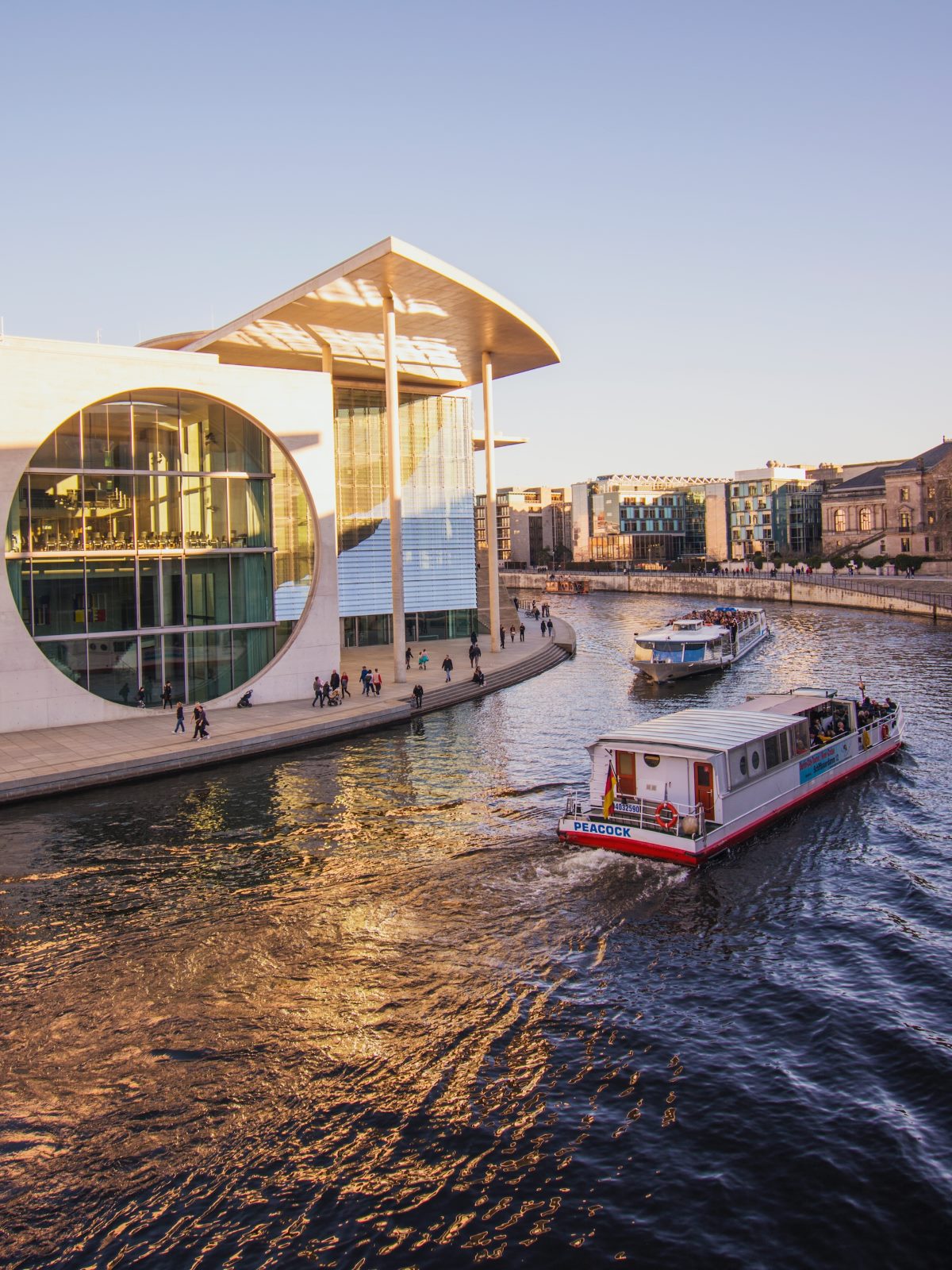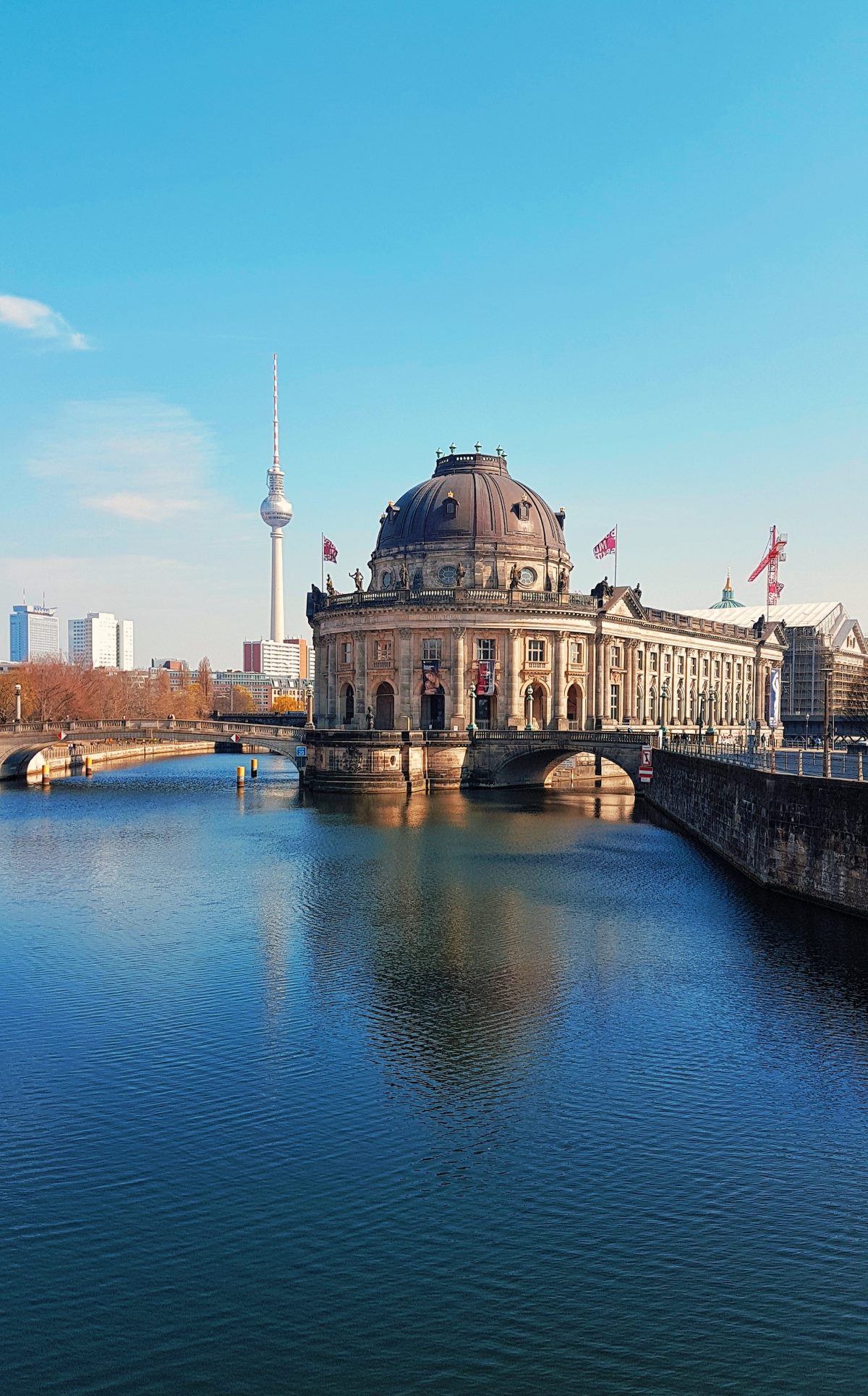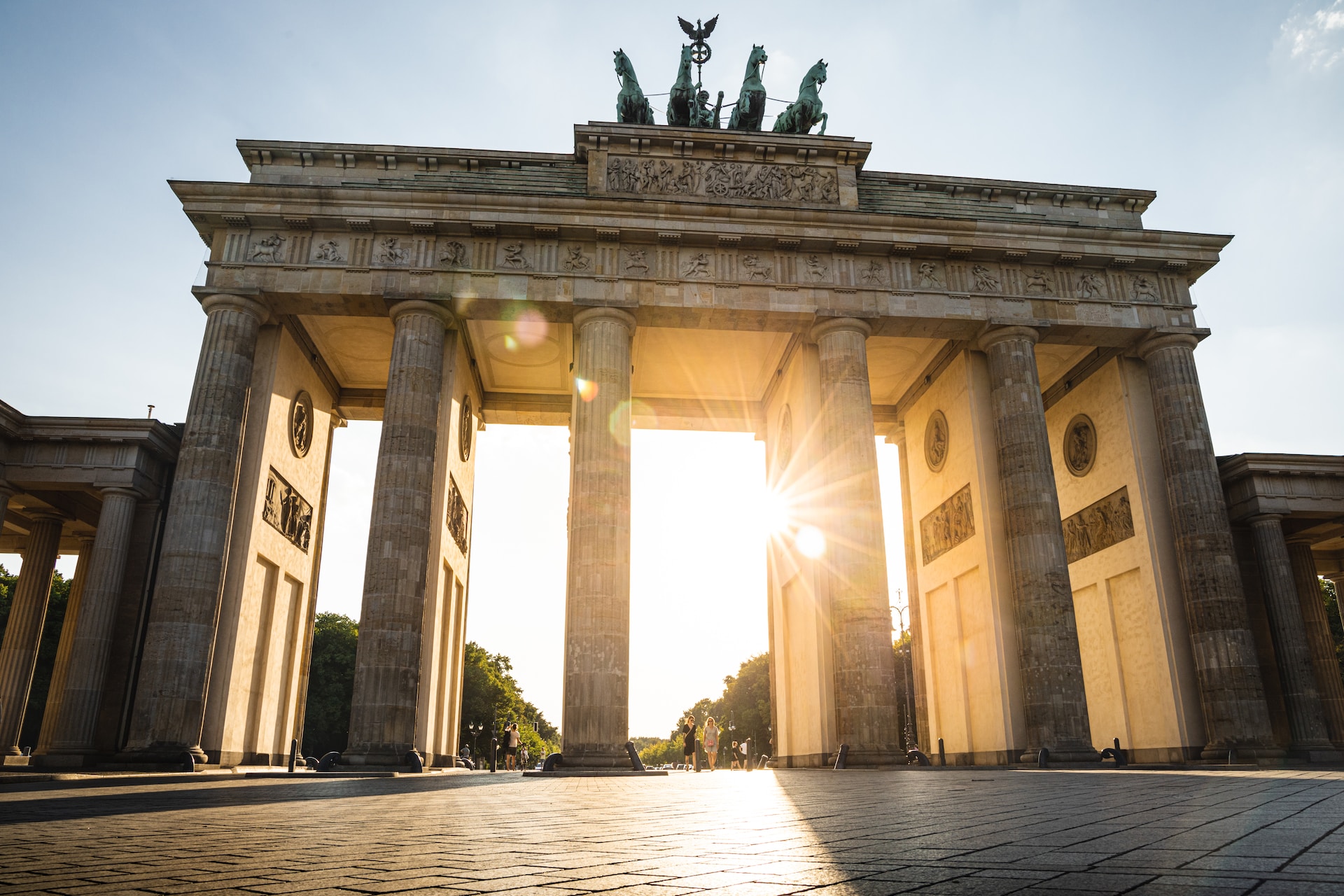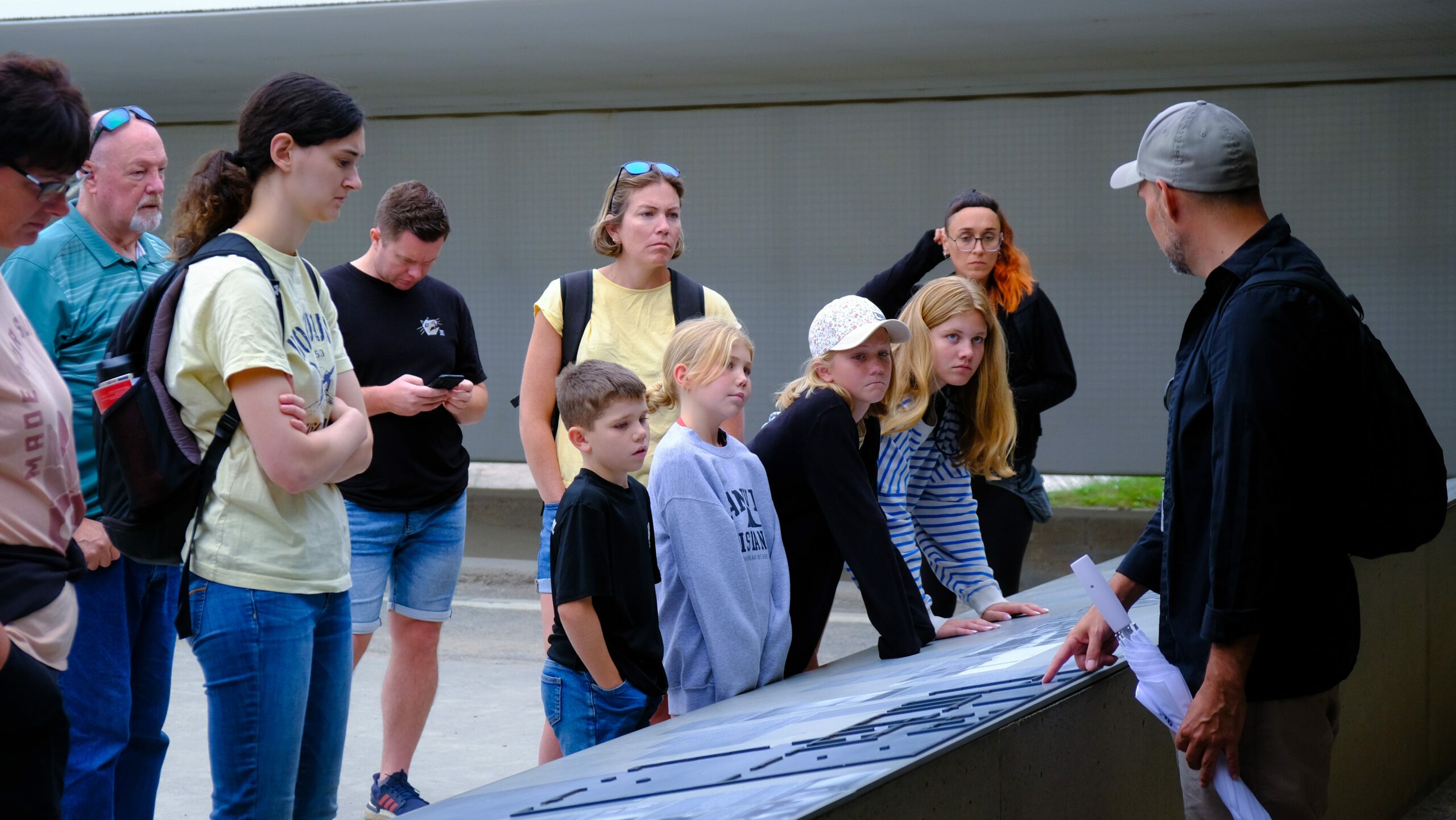Alexander von Humboldt was a Geographer, Naturalist as well as an explorer born in the 16th Century and mainly contributed to the growth of the scientific field in the 19th Century. He travelled extensively and made great comprehensive, and scientific discoveries which influenced the conceptional outlook of the natural world and paved way for the establishment of modern scientific fields.
Early Life and Education
The German born scientist ALEXANDER VON HUMBOLDT was born on the 14th of September of the year 1769 in Berlin. He belonged to the aristocracy and achieved brilliant education: he studied at one of the best universities of Germany Göttingen and at the famous Freiberg Mining Academy. From childhood, engaging in physical sciences was something that had interested humboldt deeply and hence he had deeper passion towards exploration and science.
The Impact of Alexander von Humboldt
Apart from the travels and the discoveries, Alexander von Humboldt ensured that he left an imprint in several areas. He was an inter-disciplinary scientist who had integrated several scientific disciplines in an attempt to bring about a holistic view of the existing world. He was the pioneer in the field of botanical geography, climatology, and biogeography, which was followed by other scientist in form of a standard model.
During his lifetime, Humboldt travelled to different world regions including South America, Central Asia, as well as Siberia. In his extensive tours, he made observations, samples and conducted experiments as a biologist would do. The wealth of data which he collected enabled him to be able to determine interdependent factors like the climate and vegetation within countries and the effects of altitude.
Scientific Exploration in Berlin
In Berlin Alexander von Humboldt engaged himself as successful scientific figure upon the completion of the expedition. He engaged in scientific process and always made presentations and lectures to share with the rest of the community his findings. Because of Humbolt’s lively skills in teaching and being liked by many of his peers and students, the pursuit of the natural sciences was also encouraged.
Another influential work of Humboldt was the unfinished and extensive book that he wrote a series of volumes called “Kosmos: Entwurf einer physischen Weltbeschreibung” which can be translated as “Cosmos: A Sketch of a Physical Description of the Universe”. This ambitious project was an entity intended to embrace all branches of science, focusing on the universe as a subject matter. It quickly became an influential work within the context of science and effectively introduced generations of scientists to the genre of the essay.
The Legacy of Alexander von Humboldt in Berlin
Many years after Alexander von Humboldt’s death, the greatness of this man can be observed in Berlin to the present day. The city for instance some of the institutions honoring the work of this man by naming it after him. For instance, there is the Humboldt University of Berlin carrying his name and the scholarly atmosphere, innovation, and cooperation are still present at this institution.
In addition, there is the Humboldt Forum that was established in Berlin in the year 2020, and it continues to act as a cultural and academic platform for the exchange of ideas. It is solved by museums, libraries, and research institutes sheltered under the forum where people can get information on Humboldt’s work and other scientific and artistic context.
Exploring Humboldt’s Influence
If interested in more information about Alexander von Humboldt and his achievements, one can visit the Humboldt Museum in Berlin. As a matter of fact, much of the physical evidence that exists as a record of Humboldt’s voyages to both the Caribbean and the Orinoco region are stored here. It offers a good and rather interesting look into the life of the character, along with his discoveries throughout the journey.
Besides, there is also a possibility to familiarize oneself with the works of Humboldt ‘Views of Nature’ and ‘Personal Narrative’ wherein he embellishes the travel experiences and scientific discoveries. These texts reveal a Gerard’s erudition and give people the idea about the discovery that changed the whole world.
Conclusion
In this essay, Alexander von Humboldt would be remembered for his efforts towards the enhancement of the scientific world and the great influence that he had on Berlin, Germany. His passion, perceptive thinking and multi-disciplinary actions are still seen today as that of a role model for today’s scientific community. Studying Humboldt’s life and his works is an interesting reading that helps to open the veil of the mysteries of the natural world and inspires to learn more.
Table of Contents




